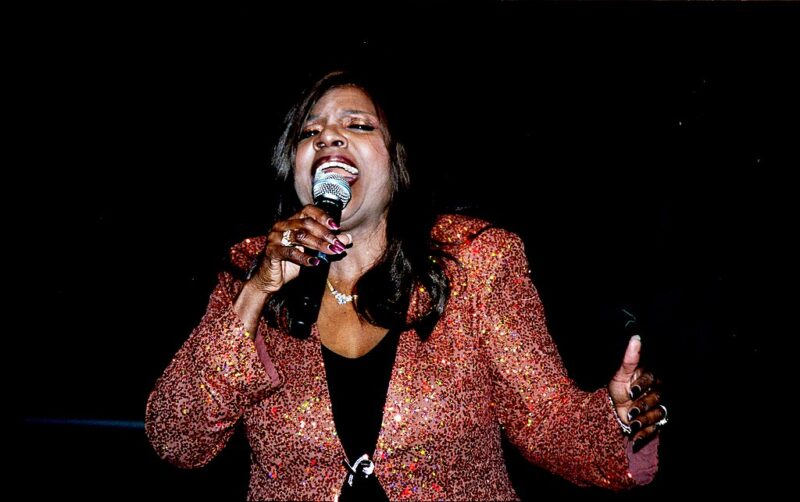The Day Disco Was Demolished
Share
Explore Our Galleries
Breaking News!
Today's news and culture by Black and other reporters in the Black and mainstream media.
Ways to Support ABHM?
By Chris Vognar, New York Times
“The War on Disco,” a new PBS documentary, explores the backlash against the genre and the issues of race, gender and sexuality that informed it.

Premiering Monday on PBS, “The War on Disco” traces the rise, commodification, demise and rebirth of a dance music genre that burned hot through the ’70s, and the backlash against a culture that provided a safe and festive place for Black, Latino, gay and feminist expression. Originating in gay dance clubs in the early ’70s and converted into a mainstream sensation largely through the 1977 movie “Saturday Night Fever,” disco engendered simmering resentment from white, blue-collar kids who weren’t cool enough to make it past the rope at Studio 54 and other clubs. The film details disco’s role as a flashpoint for issues of race, class, gender and sexuality that still resonate in the culture wars of today.
“These liberation movements that started in the ’60s and early ’70s are really gaining momentum in the late ’70s,” Lisa Q. Wolfinger, who produced the film with Rushmore DeNooyer, said in a video call from her home in Maine. “So the backlash against disco feels like a backlash against the gay liberation movement and feminism, because that’s all wrapped up in disco.”
When the Gay Activist Alliance began hosting feverish disco dances at an abandoned SoHo firehouse in 1971, routinely packing 1,500 people onto the dance floor, the atmosphere was sweaty and cathartic. As Alice Echols writes in her disco history book “Hot Stuff,” gay bars, most of them run by the mob, traditionally hadn’t allowed dancing of any kind. But change was in the air largely because of the ripple effect of the Stonewall uprising in 1969, when regulars at a Greenwich Village gay bar fought back against the latest in a series of police raids. Soon discos were popping up throughout American cities, drawing throngs of revelers integrated across lines of race, gender and sexual orientation.
Some of disco’s hottest artists were Black women, including Gloria Gaynor and Linda Clifford (who is a commentator in the film).
Learn more about this documentary.
Our online exhibits cover issues of race.
More breaking news here.









Comments Are Welcome
Note: We moderate submissions in order to create a space for meaningful dialogue, a space where museum visitors – adults and youth –– can exchange informed, thoughtful, and relevant comments that add value to our exhibits.
Racial slurs, personal attacks, obscenity, profanity, and SHOUTING do not meet the above standard. Such comments are posted in the exhibit Hateful Speech. Commercial promotions, impersonations, and incoherent comments likewise fail to meet our goals, so will not be posted. Submissions longer than 120 words will be shortened.
See our full Comments Policy here.